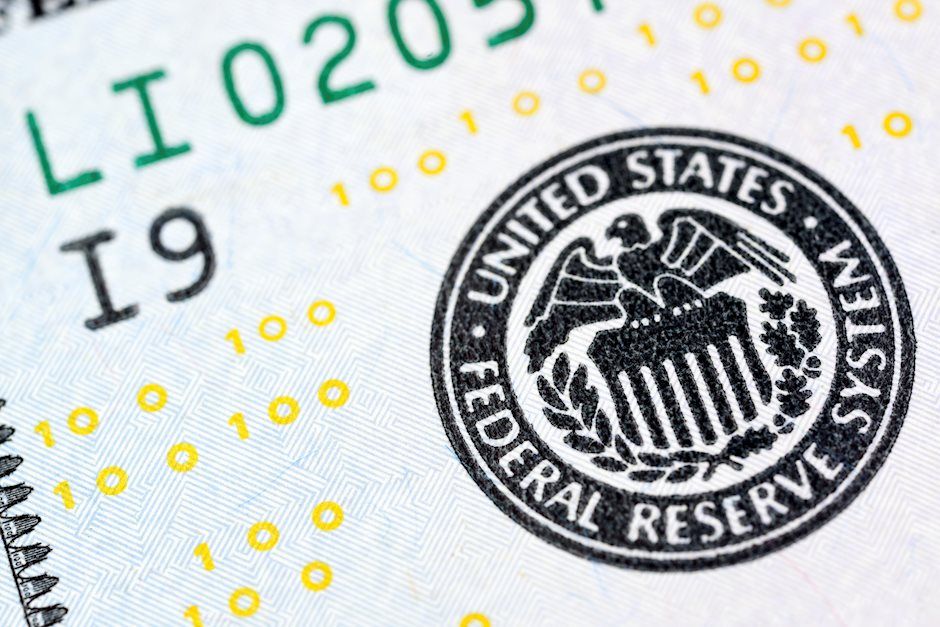Congress criticizes Fed; Chairman Powell is worrying about Gold currencies

Welcome to this week's Market Wrap Podcast, I'm Mike Gleason.
Hawkish posturing from Jerome Powell is putting downward pressure on precious metals markets.
The Federal Reserve chairman testified before Congress this week on the subject of U.S. monetary policy. Powell said persistently high inflation remains a top concern. Even though official gauges show price level increases moderating, they are still running well above the Fed's 2% target.
Powell suggested additional rate hikes will be coming later this year. Futures traders reacted by selling gold and silver contracts.
On Thursday, the gold market dipped to a 3-month low. The monetary metal is trading lower by 2.0% for the week to bring spot prices to $1,930 an ounce as of this Friday recording.
Silver is shedding 7.8% this week to trade at $22.51 per ounce. Platinum is off 6.7% to come in at $937. And finally, palladium is taking an 8.8% beating on the week to trade at $1,330 per ounce.
If the bearish narrative on precious metals markets is to be believed, then the Fed will be successful in conquering inflation, the U.S. dollar will strengthen, and investors will have no need to diversify into hard money.
The reality, though, is that Fed doesn't actually want to solve the inflation problem in any meaningful sense. It wants the Federal Reserve note to keep depreciating, just at a more gradual pace.
Central bankers claim that they are concerned about promoting price stability for the American people. But what they really fear is that if they don't bring inflation down, de-dollarization will accelerate across the globe and ultimately cause the U.S. currency to lose its world reserve status.
During his testimony this week, Chairman Powell was asked by Congressman Ritchie Torres about the threat of de-dollarization.
Rep. Torres: As you know, the U.S. has foreign adversaries, particularly the CCP, that seem intent on de-dollarization. How seriously should the threat of de-dollarization be taken, in your view?
Jerome Powell: The status of the dollar as the world's reserve currency, is a very important thing to us. I think the reason we have that status is largely due to our great democratic institutions, the rule of law, and the fact that we have, generally speaking, had strong levels of price stability, and I think that the dollar will remain the reserve currency, as long as those things are in place.
Powell's claim that we have generally had price stability rests on a strange definition of price stability. Since the U.S. abandoned gold backing entirely in 1971, we've gone through a series of disruptive inflationary boom and bust cycles – from the stagflation of the late 1970s to the more recent asset bubbles in stocks and real estate.
And since the Federal Reserve was created in 1913, the overall purchasing power of the Federal Reserve note has plummeted by 98%. During this period of supposed price stability, gold has shot up from two digits to four digits.
If more of this sort of price stability manifests itself in the years ahead, then investors should expect gold to eventually command a five-digit price tag.
Gold is the ultimate measure of a currency's real value. Gold itself isn't 20 times more valuable than it was 50 years ago. Its price in terms of dollars is 20 times higher because those dollars have lost so much buying power.
But according to Jay Powell, central banks are the ultimate source of credibility for a currency. In his remarks before Congress, he suggested that private digital currencies lack credibility because they aren't centrally controlled. He touted so-called "stablecoins" that are linked to the U.S. dollar as being legitimate money.
Jerome Powell: We do see payment stablecoins as a form of money. And in all advanced economies, the ultimate source of credibility in money is the Central Bank, and we believe that it would be appropriate to have quite a robust federal role in what happens in stablecoins going forward. And that leaving us with a weak role and allowing a lot of private money creation at the state level would be a mistake.
It seems pretty obvious that Powell is trying to inch the public toward accepting a central bank digital currency. Recent regulatory attacks on major cryptocurrency exchanges also seem to be accelerating the political push for the Fed to step in and issue its own stablecoin.
Advocates of central bank digital currency may promote it as being stable, but anyone who decides to hold digital dollars should expect their value to go in the same direction as paper dollars have gone over the years – and this is down.
Moving to some company news, a ratings group called Bullion Directory has just named Money Metals the “Best Gold E-Commerce Company” after conducting a survey of several thousand precious metals investors worldwide.
Citing Money Metals' pricing, transparency, and customer service, the industry watchdog issued a public announcement this week about this recognition.
Bullion Directory also made special mention of Money Metals' well-designed website, our high commitment to providing timely analysis and unbiased educational information to investors, and our leadership of the sound money movement.
We are grateful for this recognition – and for the confidence U.S. precious metals investors have in our company. We intend to remain committed to earning our customers' trust over time.
To receive free commentary and analysis on the gold and silver markets, click here to be added to the Money Metals news service.
Author

Mike Gleason
Money Metals Exchange
Mike Gleason is a Director with Money Metals Exchange, a national precious metals dealer with over 500,000 customers.

















